My fiancee and I rent a duplex in the Sacramento Valley, near Yuba City. It has a very small back yard, and we have permission to garden in it. I spent most of last summer trying to kill off the extremely weedy lawn with RoundUp. I noticed a little bit of bermuda grass then, but the weed causing the majority of the problem last summer was foxtails. (It was especially important to eradicate the foxtails, because we have two dogs.)
Over the winter, the bermuda grass and foxtails both disappeared completely. Annual bluegrass was the major weed problem instead. We also had horrific drainage problems; more than half the back yard was underwater continuously for more than a month in December and January. I shoveled a lot of dirt around to fix the drainage problems, digging a drainage ditch and piling the excess dirt from the ditch into the other low spots throughout the back yard to raise the level of the land. Throughout the fall, winter, and spring, I also began planting various native plants, and now the back yard is finally beginning to look a little bit like a real garden.
The annual bluegrass isn't much of a problem anymore now that the weather has turned summery again. The foxtails have resumed being a problem, but they're not as bad a problem as last summer - probably because last summer I hadn't moved in here yet, so I only had a chance to pull them when I visited on weekends. (My fiancee doesn't garden at all.) However, the bermuda grass is a much bigger problem this summer than I remember it ever being last summer.
When I shoveled dirt around to improve the drainage problems, I left one half of the yard a little lower than the other and planted native grasses and water-tolerant plants in it - not true wetland plants that would require a lot of watering, but deergrass, clustered field sedge, valley sedge, milkweed, elderberry, and currants. In the dryer half of the yard, a fairly dense cover of California poppies sprouted. Some bermuda grass grows under them, but it's not much worse than it was last year. In the wetter half of the yard, none of the poppy seeds I scattered survived the winter flooding. Instead, bermuda grass has been completely taking over. I've been trying to pull it by hand daily, but it seems to be growing back about equally as fast as I can pull it. I haven't tried really digging it up yet; I've just been pulling up as many stems and rhizomes as I can with my hands. I also haven't tried mechanically weed-eating it yet; our weed-eater has been on long-term loan to the residents of the other half of the duplex, and I haven't yet asked for it to be returned.)
Here are my questions:
1. Does the bermuda grass prefer the wetter area of the yard primarily because it's wetter, or because there aren't so many plants competing with it there?
2. Is the bermuda grass worse this summer than last summer primarily because I shoveled the dirt around to improve the drainage, or because most of the other weeds that competed with it last summer are gone this summer, or because I'm no longer spraying RoundUp?
3. Will the bermuda grass temporarily vanish over the winter again, like it did last year, or did I just get lucky last year?
4. If I plant a denser crop of native perennials and shrubs in the areas it's currently growing, will that help get rid of the bermuda grass? I read that only heavy shade from dense trees, rather than from short shrubs, is enough to inhibit its growth. Our back yard is so small that there isn't really any room to to plant trees.
And the big one:
5. What's the best way to kill the bermuda grass without killing my plants? Should I dig it up? Should I weed-eat it? Should I paint it with an herbicide, and if so, which one? Should I try to smother-mulch it? Or some combination of the above?


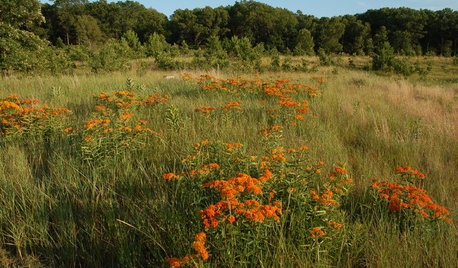
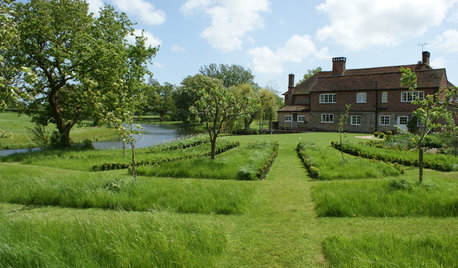
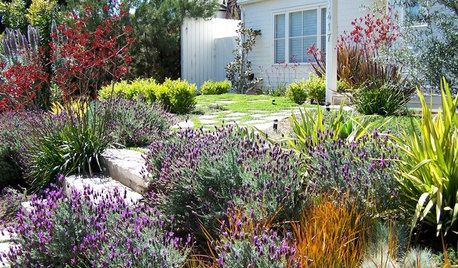
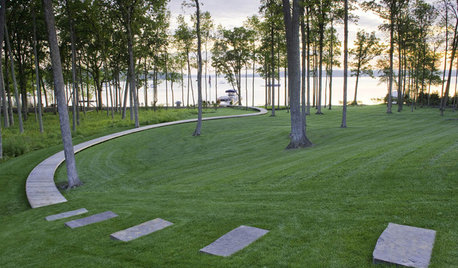
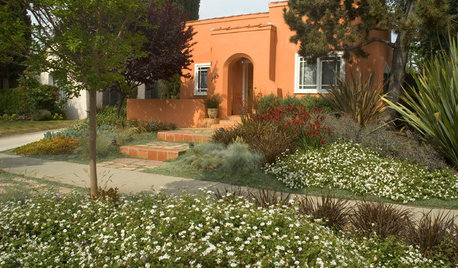

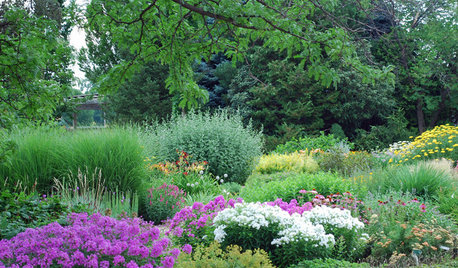
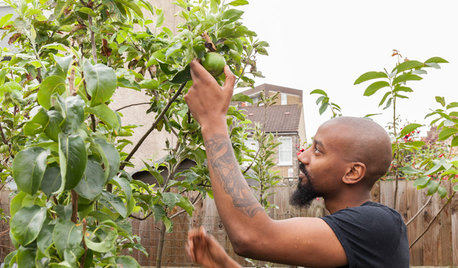



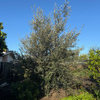
hosenemesis
sautesmom Sacramento
Related Discussions
Bermuda grass vs. St Augustine grass
Q
Bermuda Grass care (Celebration Bermuda) Advice
Q
Selectively killing Bermuda grass in Buffalo grass
Q
bermuda grass in spreading shrubs
Q
patdagardenguy
cebury
deneciepie
nil13